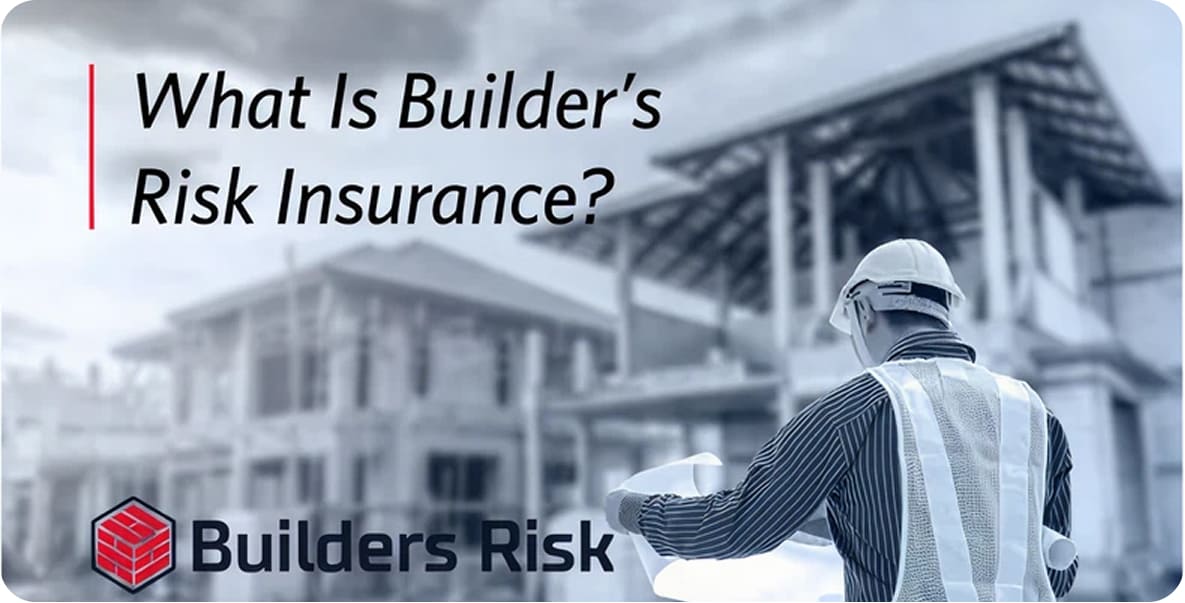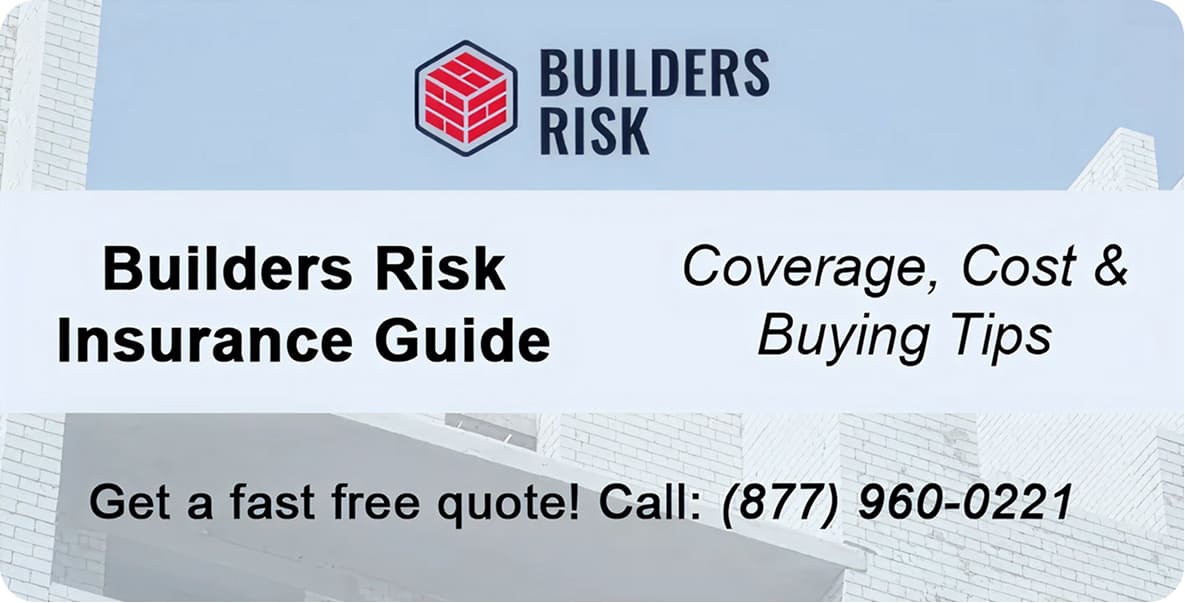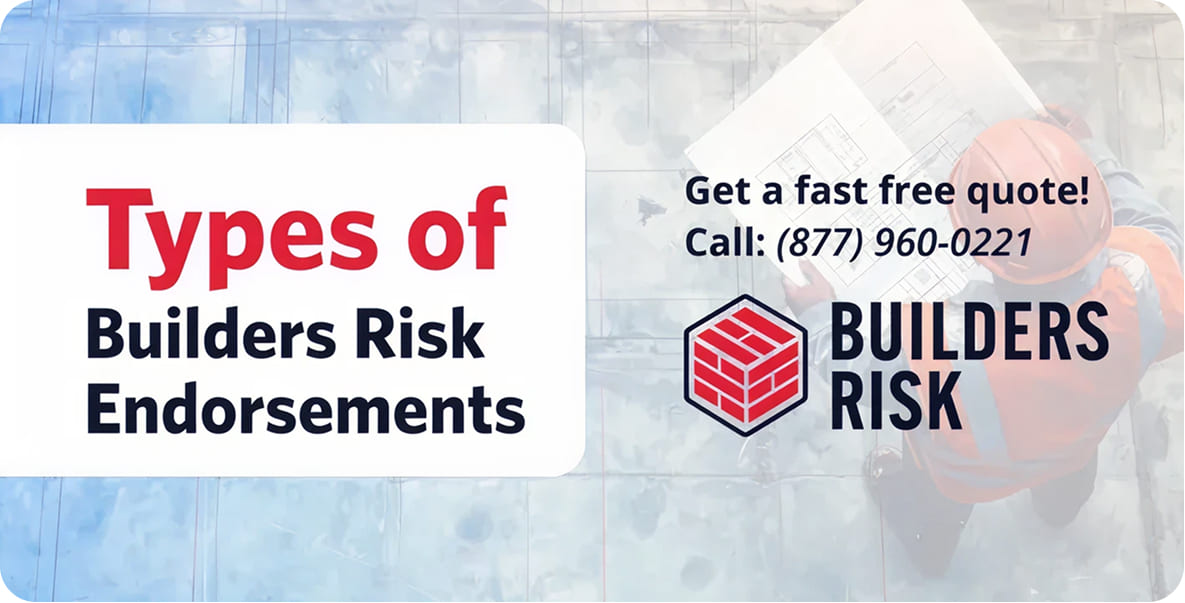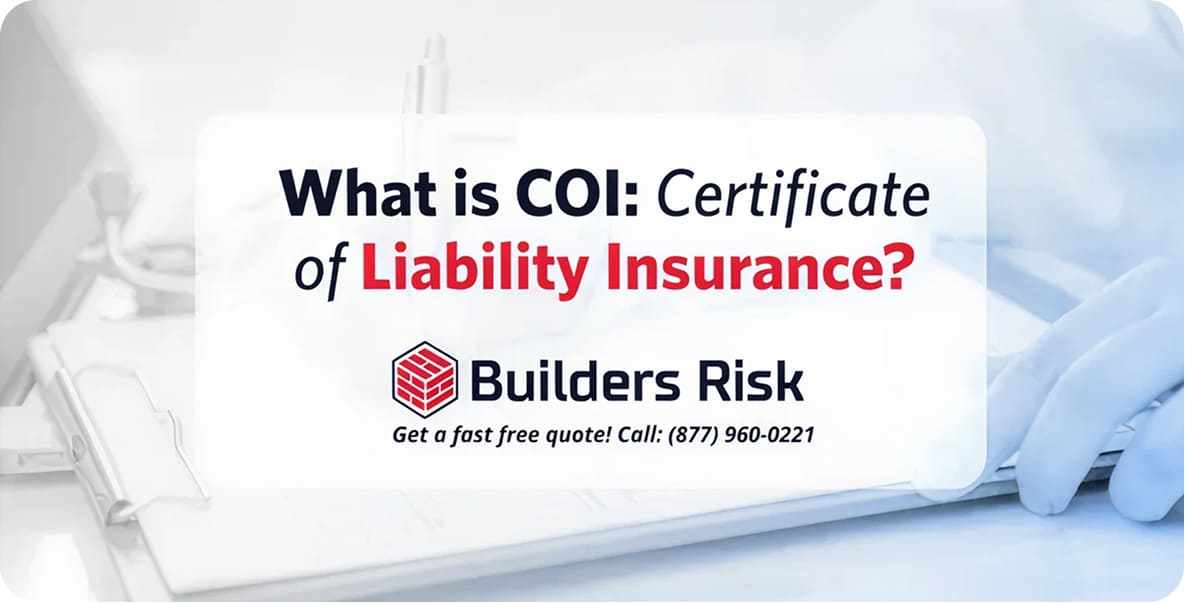Learn how to shop for Builder’s Risk Insurance and get the best value for your money while knowing exactly what you have coverage for.
Understanding Builders Risk Insurance
What is Builder’s Risk Insurance? Builders Risk Insurance is a type of insurance that covers your property while it is undergoing renovations, including remodels or ground-up construction. This insurance covers the property, renovations, and building materials. Builders Risk will cover up to the coverage limits.
Remember that the value of the project needs to be accurate. You can have coverage for a million dollars meanwhile your home or soon-to-be home is valued at three hundred thousand dollars.

What is Builder’s Risk Insurance? Materials and labor costs should also be included in the project’s total value. If you do not know the value of the structure, the construction budget may help you determine a good estimate.
Builders Risk policies typically last for 3, 6, 9, or 12 months during the renovations and can be extended if necessary. For new construction, it may last for 6 to 12 months. Some carriers may only do 12-month policies if the coverage is for new construction.

What is Builder’s Risk Insurance? New construction means ground-up building and not just adding an addition to an already built structure. Builders Risk Insurance will provide coverage in case your property gets damaged from several things, including:
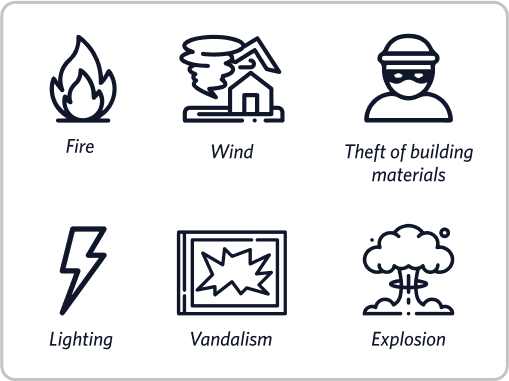
Your builder’s risk policy will also have several exclusions. It is important to be familiar with the following exclusions:
- Earthquakes.
- Water damage from within a building or caused by an open roof.
- Damage as a result of war.
- Government work.
Why Builder’s Risk Insurance? The price of your Builders Risk policy will vary depending on size, location, length of time, and type of project. Renovations and new construction will always have different prices.
If you need to get an extension, you must get it before the expiration date of your policy. Most carriers will not renew a policy if it has already expired. If your policy expires before you get an extension, you might have to get a brand new one. This new policy will be more expensive than the original one. Some carriers might even ask you for proof of why you need an extension.
Conclusion

You should always give the accurate value of the project to get the proper coverage.

Do not try to over or under-insure your property to save money or make money.

Make sure that your contractors are insured and always ask for a certificate of insurance, do not just take their word for it.

If you are not a licensed contractor, do not try to do the work yourself.
What is Builder’s Risk Insurance? This may result in no claim being paid because the work was not done by a licensed subcontractor. Even though you might subcontract all the work, you still do not know if it was done correctly. Leave it to a licensed contractor to do the subcontracting. And finally, keep in mind that there will be exclusions in your Builders Risk Policy.
You should always consult these exclusions with your agent. You can ask your agent to send you a sample policy with the list of exclusions, so you know exactly what to expect.
